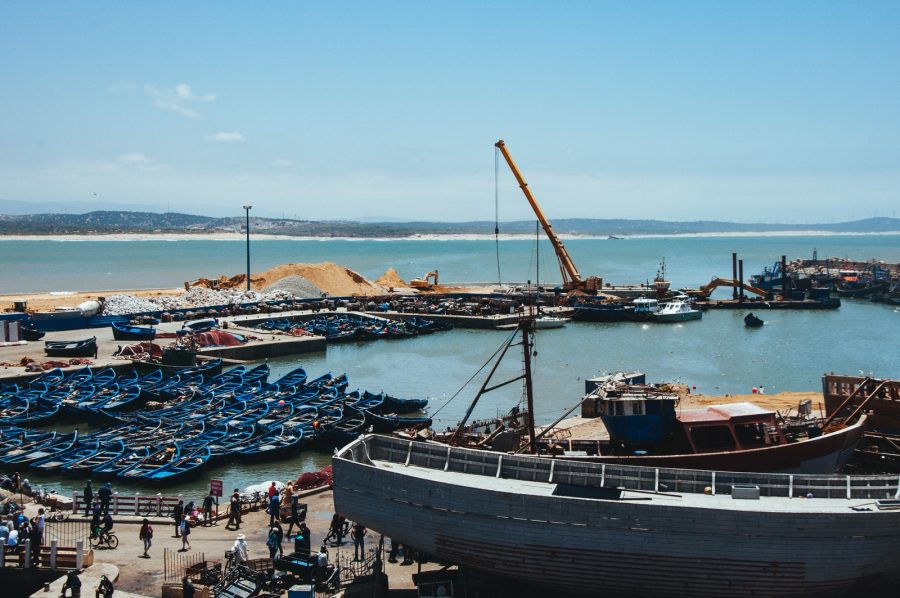The backlog of ships off the coast of California has become so dire that the Biden Administration has gotten involved. Additionally, the two primary ports are exploring different strategies in trying to alleviate issues.
As of Sept. 26, 60 ships were lined up off the coast of Southern California, with some wait times stretching as far as three weeks, reported The Wall Street Journal (Sept. 26). The Biden Administration has requested port operations expand hours but, as of yet, no federal action has been taken to mandate it.
Exploring the Benefits of 24/7 Operations
While not technically a 24/7 operation yet, the Port of Long Beach is currently operating 24 hours-a-day Monday through Thursday, with plans to eventually expand to round-the-clock service. Mario Cordero, executive director of the port, has been a vocal advocate for the 24/7 operational model, reported The Wall Street Journal (Sept. 24).
Previously, the port was operating just 16 hours per day. After encouragement from the Biden Administration, Cordero issued a statement saying the Port of Long Beach was taking “bold and immediate action to help the supply chain.”
However, Cordero’s counterpart at the Port of Los Angeles took a different tact. Gene Seroka, executive director at the Port of Los Angeles, noted slack in the system would prevent any benefits from switching to 24/7 operations. Seroka said about 30% of trucking appointment slots went unused on average every day despite the larger gathering of ships offshore.
In essence, without more truckers, increasing operations at the port could be futile, Seroka indicated.
Addressing the Landside Transportation Situation
The International Longshore and Warehouse Union said dockworkers could work a third shift, but agreed with Seroka’s assertation that more truckers would be needed to address the backlog.
“The biggest issue it probably comes down to is labor,” said Tom Boyle to The Wall Street Journal. Boyle’s company, Carson, California-based Quik Pick Express LLC, is constantly looking for drivers to support its trucking and warehousing solutions.
The Harbor Trucking Association noted there was too much congestion from empty containers on terminals and, as shipping lines aren’t moving the boxes out, empty containers are being stored in U.S. port yards.
The shortage of labor was also affecting the nation’s freight trains, which move up to 30% of all containers to distribution hubs like Chicago.
Lagging Behind the Rest of the World
North America region president of Hapag-Lloyd AG Uffe Ostergaard told The Wall Street Journal the ports were operating at 60% to 70% of their operational capacity, representing “a huge operational disadvantage.”
Major ports in Asia and Europe have operated around the clock for years, while U.S. port complexes typically shut down for hours and remain closed on Sundays.











